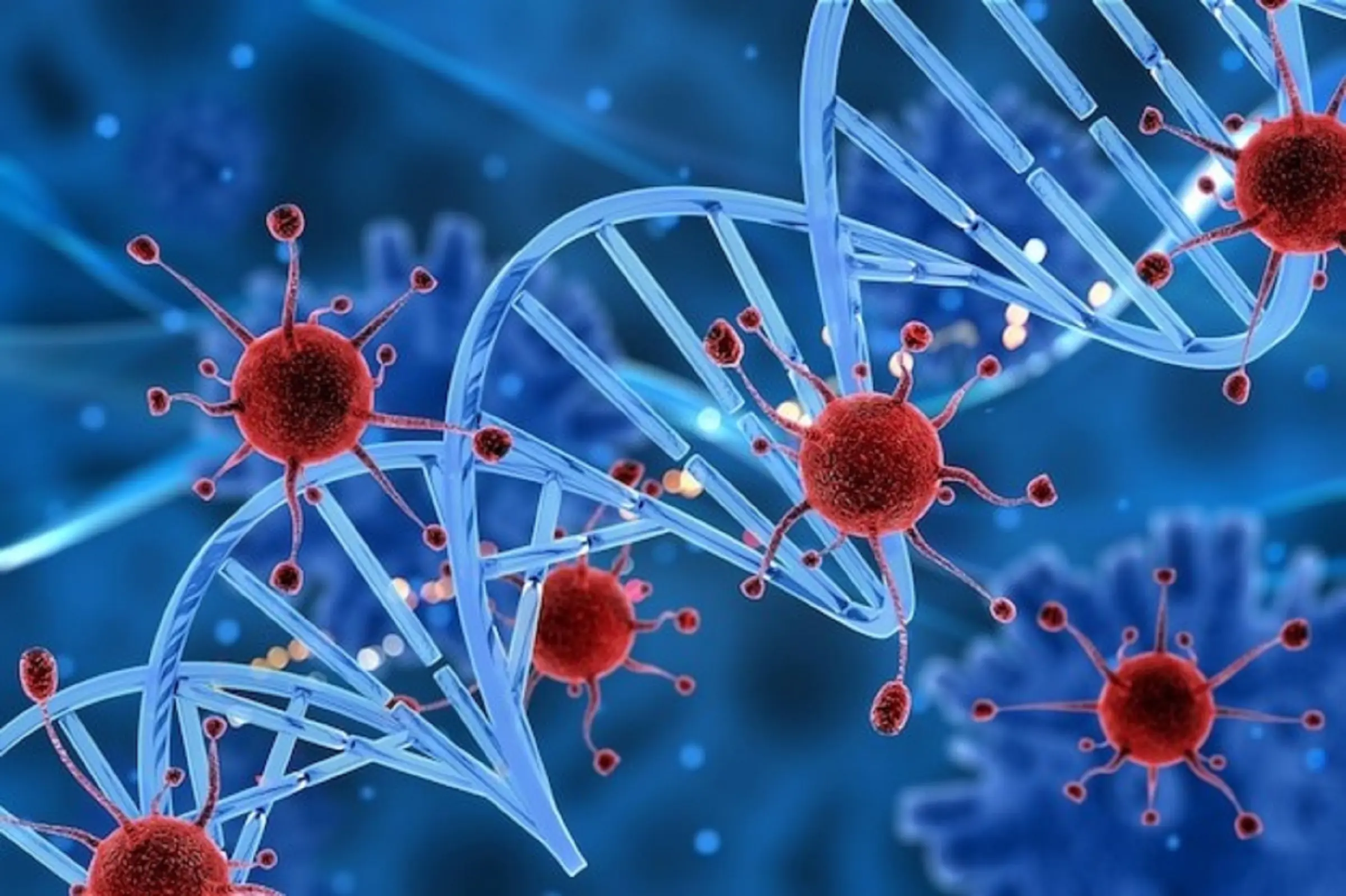
Is Cancer Hereditary? Useful Tips to Prevent Cancer from Developing
Cancer is one of the most feared diseases in the world, and it's natural to wonder whether it can be inherited. The short answer is: yes, in some cases, cancer can be hereditary — but most cancers are not directly passed down through families. Understanding the role of genetics in cancer, along with lifestyle and environmental factors, is essential in developing effective strategies to prevent its development.
Is Cancer Hereditary?
Hereditary cancer accounts for only about 5–10% of all cancer cases. This means that in a small portion of people, mutations in certain genes that increase cancer risk can be inherited from a parent. For example, mutations in the BRCA1 and BRCA2 genes are known to increase the risk of breast and ovarian cancers. Similarly, Lynch syndrome is associated with an increased risk of colon cancer.
However, the majority of cancers result from lifestyle choices, environmental exposures, and random mutations that occur over time. Even if you carry a gene mutation, it does not guarantee that you will develop cancer — it simply means your risk is higher than average.
Tips to Prevent Cancer from Developing
Regardless of your genetic background, there are several proactive steps you can take to reduce your risk of cancer and support long-term health:
1. Eat a Healthy, Balanced Diet
Focus on whole foods, especially fruits, vegetables, whole grains, and lean proteins. Limit red and processed meats, sugary snacks, and highly processed foods. Certain foods like broccoli, garlic, green tea, and berries are known to have cancer-fighting properties.
2. Maintain a Healthy Weight
Obesity has been linked to an increased risk of several cancers, including breast, colon, and pancreatic cancer. Regular physical activity and portion control are key to maintaining a healthy weight.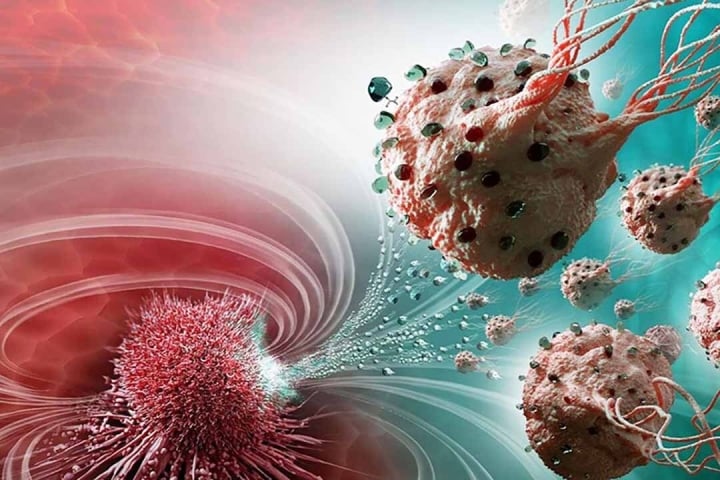
3. Stay Physically Active
Engage in at least 150 minutes of moderate exercise each week, such as walking, swimming, or cycling. Physical activity helps regulate hormones, boosts immune function, and improves overall well-being.
4. Avoid Tobacco and Limit Alcohol
Tobacco use is the leading cause of preventable cancer deaths. Even exposure to secondhand smoke is dangerous. Alcohol should also be consumed in moderation, as it is linked to cancers of the liver, breast, and esophagus.
5. Protect Your Skin
Skin cancer is one of the most common and preventable types of cancer. Use sunscreen, wear protective clothing, and avoid excessive sun exposure, especially during peak hours.
6. Get Regular Screenings
Early detection saves lives. Screenings such as mammograms, colonoscopies, Pap tests, and prostate exams can detect cancer early, when it is most treatable. If you have a family history of cancer, talk to your doctor about genetic testing and appropriate screening schedules.
7. Manage Stress and Prioritize Sleep
Chronic stress and poor sleep can weaken your immune system and contribute to inflammation, a factor linked to cancer. Aim for 7–9 hours of quality sleep and practice stress-reducing activities like meditation or deep breathing.
While you cannot change your genes, you can take charge of your lifestyle. By adopting healthy habits and staying informed, you empower yourself to reduce cancer risk and promote a longer, healthier life.
News in the same category


Doctor's Advice: Whether You're Rich or Poor, Never Eat These 3 Foods for Breakfast – They Can Lead to Aggressive Cancer

Scientists Use CRISPR to Eliminate HIV from Human Immune Cells
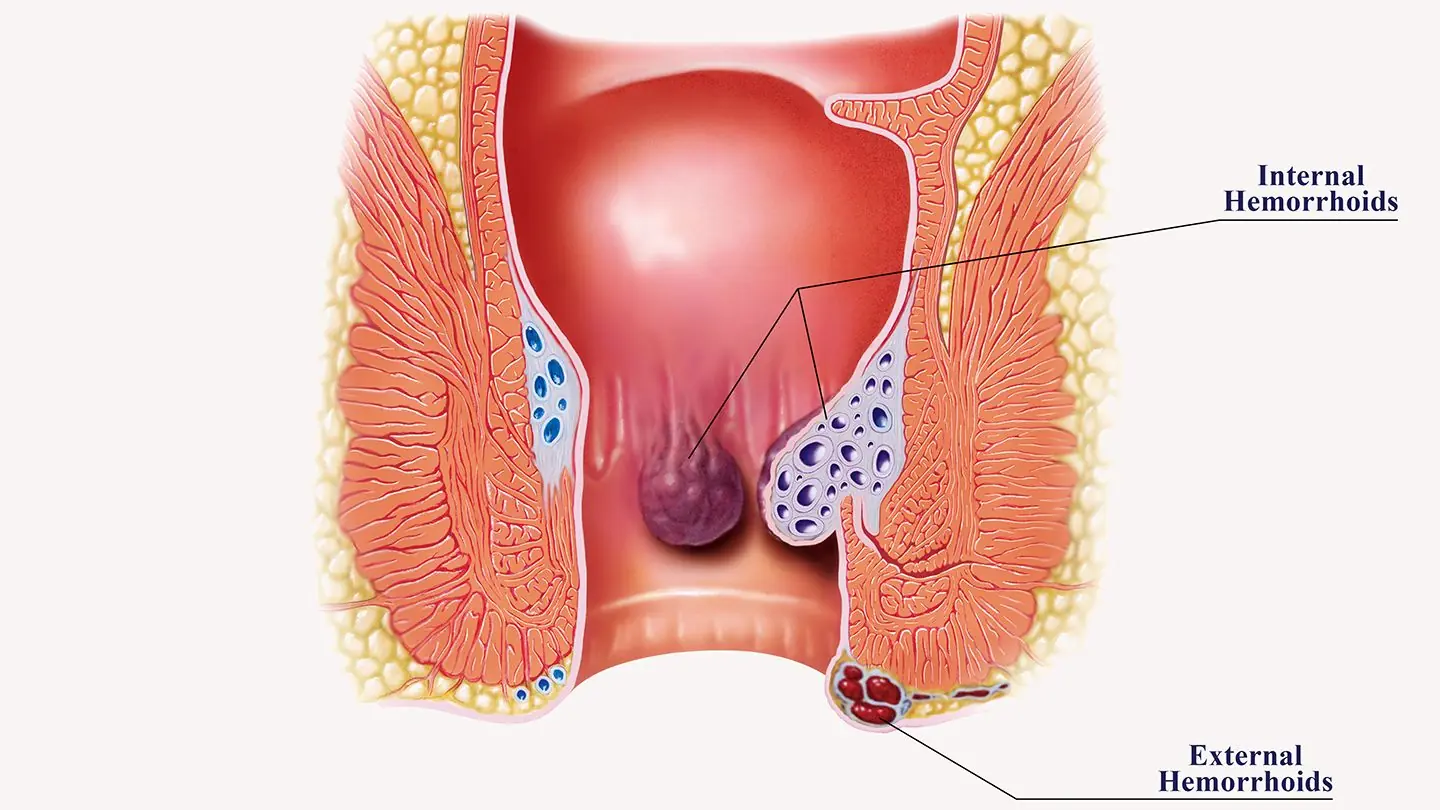
Hemorrhoids: Fast, Effective, Science-Backed Ways to Find Relief
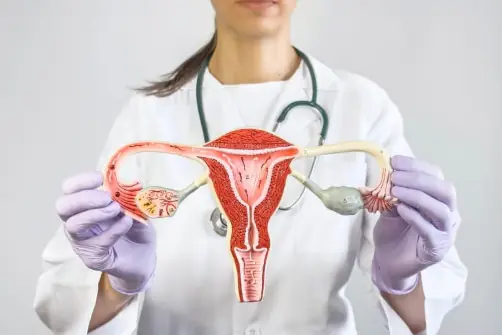
Ovarian Cancer: 8 Early Signs You Need to Know

It’s Not Just Tooth Decay: 2 Common Signs in Your Mouth That Are SOS Signals From Your Body — Don’t Ignore Them

3 Early Signs of Lung Cancer You Shouldn’t Ignore — It Could Become Life-Threatening
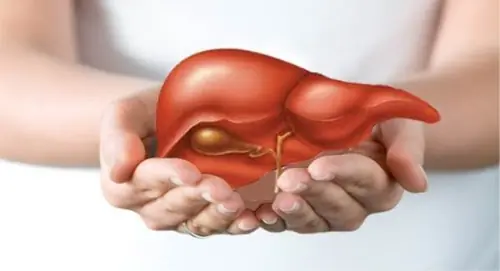
Health Experts Suggest 7 Ways to Detox Your Liver and Cleanse Your Body Daily
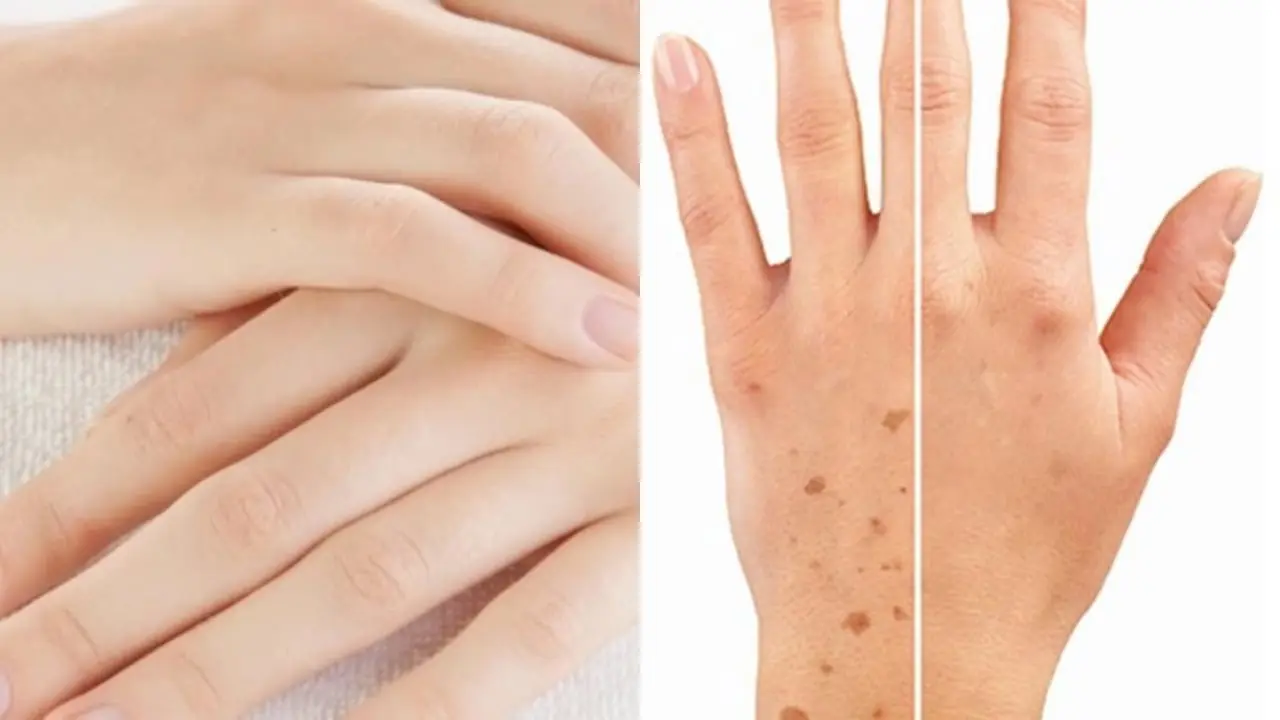
The Back of Your Hand Reveals Longevity Secrets: 4 Signs Everyone Should Check

13cm of Intestine Fell Out After 2 Hours on the Phone in the Toilet: 5 Dangers of Using Your Phone in the Bathroom

Don't Drink Water Right After Waking Up — Doctors Recommend Doing These 5 Things First
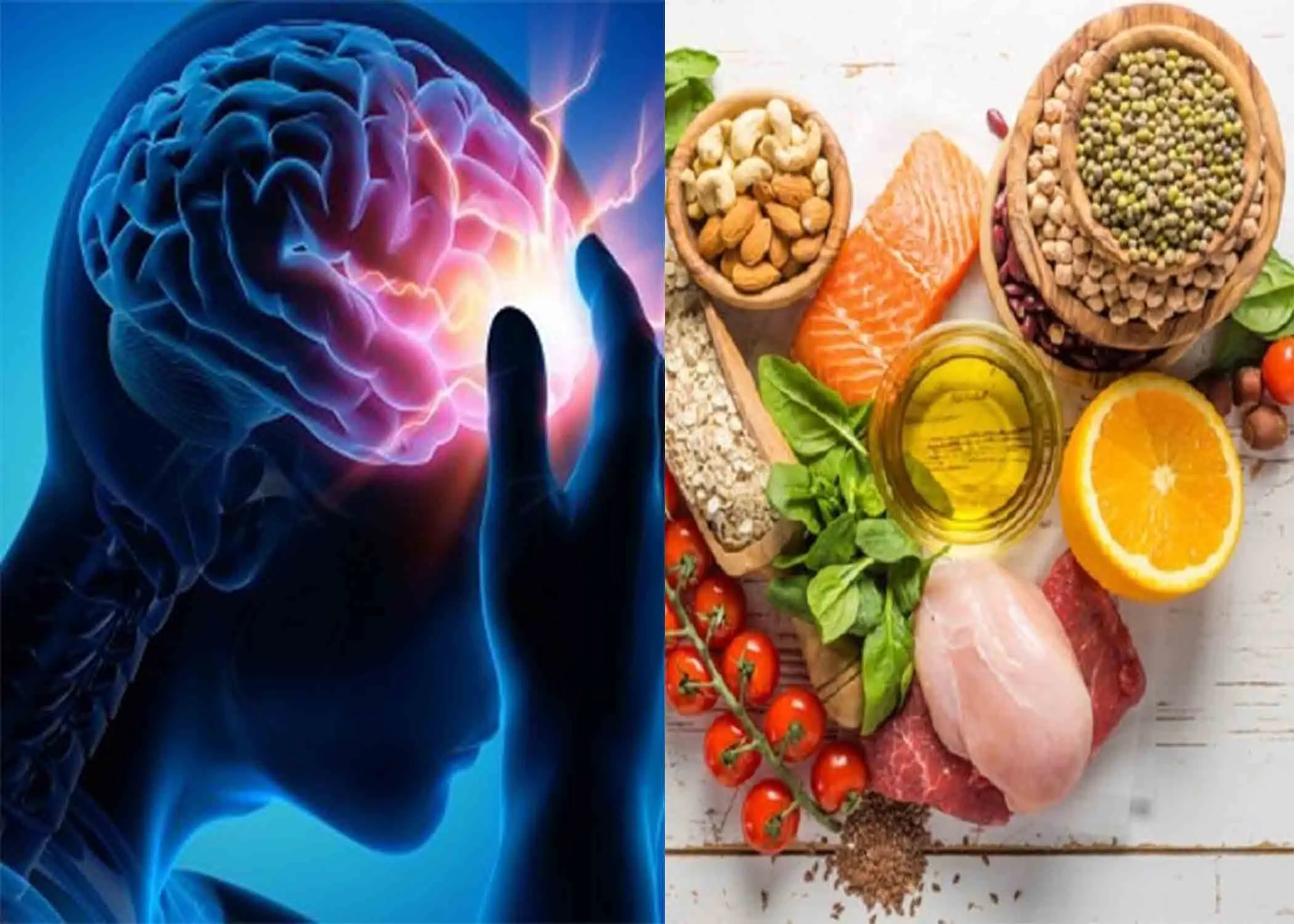
A 40-Year-Old Man Suffers a Stroke After Dinner: Doctor Points Out 3 Critical Mistakes
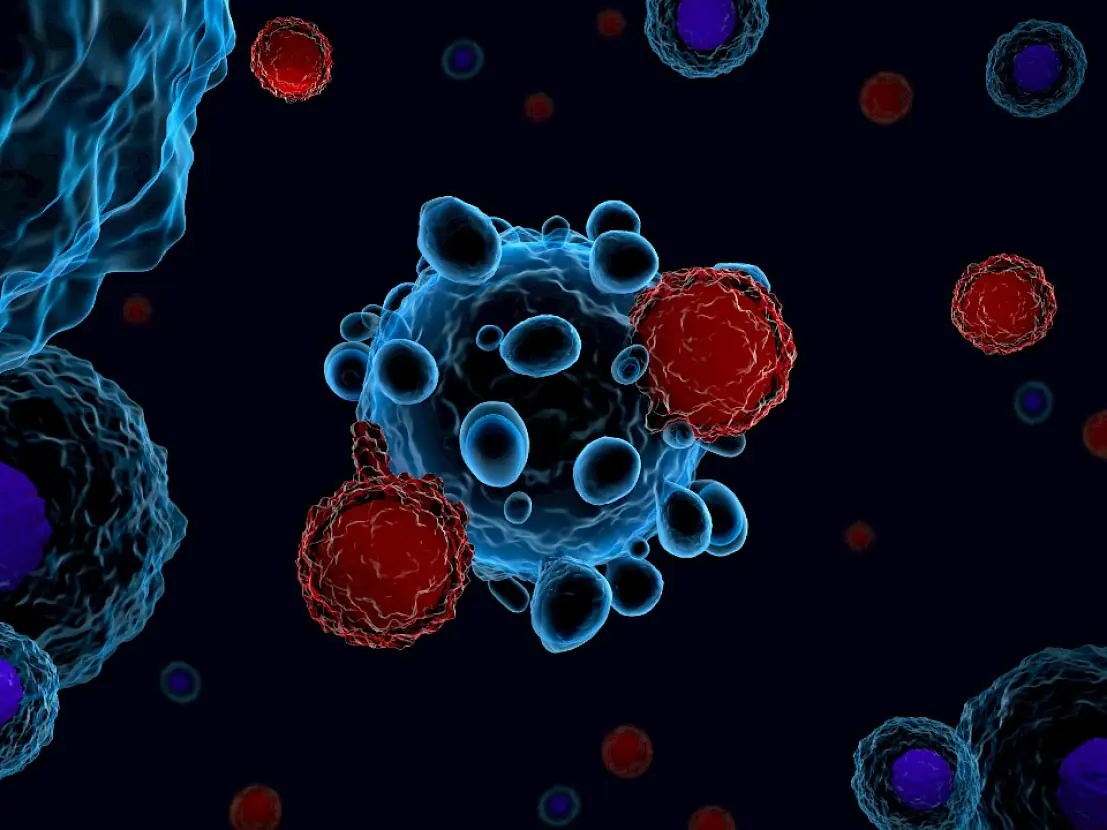
This Fruit Is Eaten Every Morning by a Famous Billionaire: A Powerful Secret to Fighting Cancer
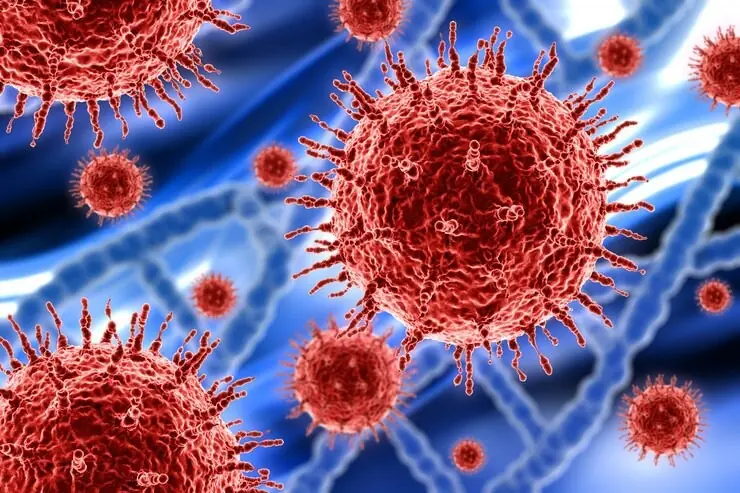
Warning Signs in Your Stool That May Indicate Colon Cancer: Seek Medical Attention Immediately
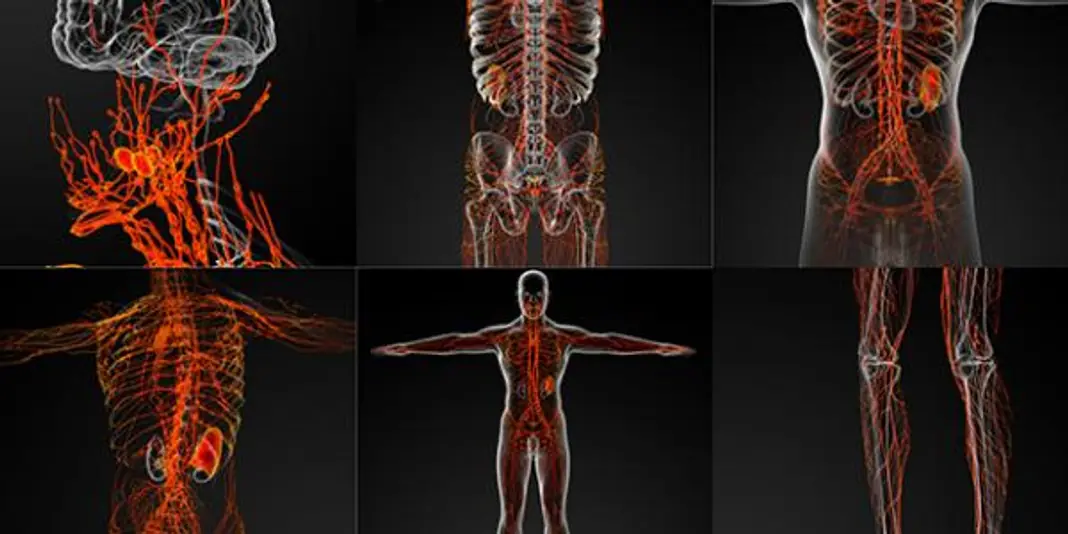
10 Effective Ways to Boost Your Lymphatic System Health
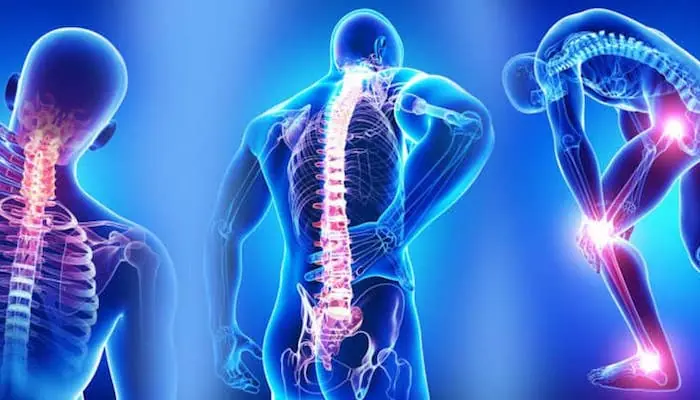
Fibromyalgia: Understanding Symptoms & 8 Natural Ways to Find Relief

Powerful Piriformis Stretches to Soothe Sciatic, Hip, and Lower Back Pain
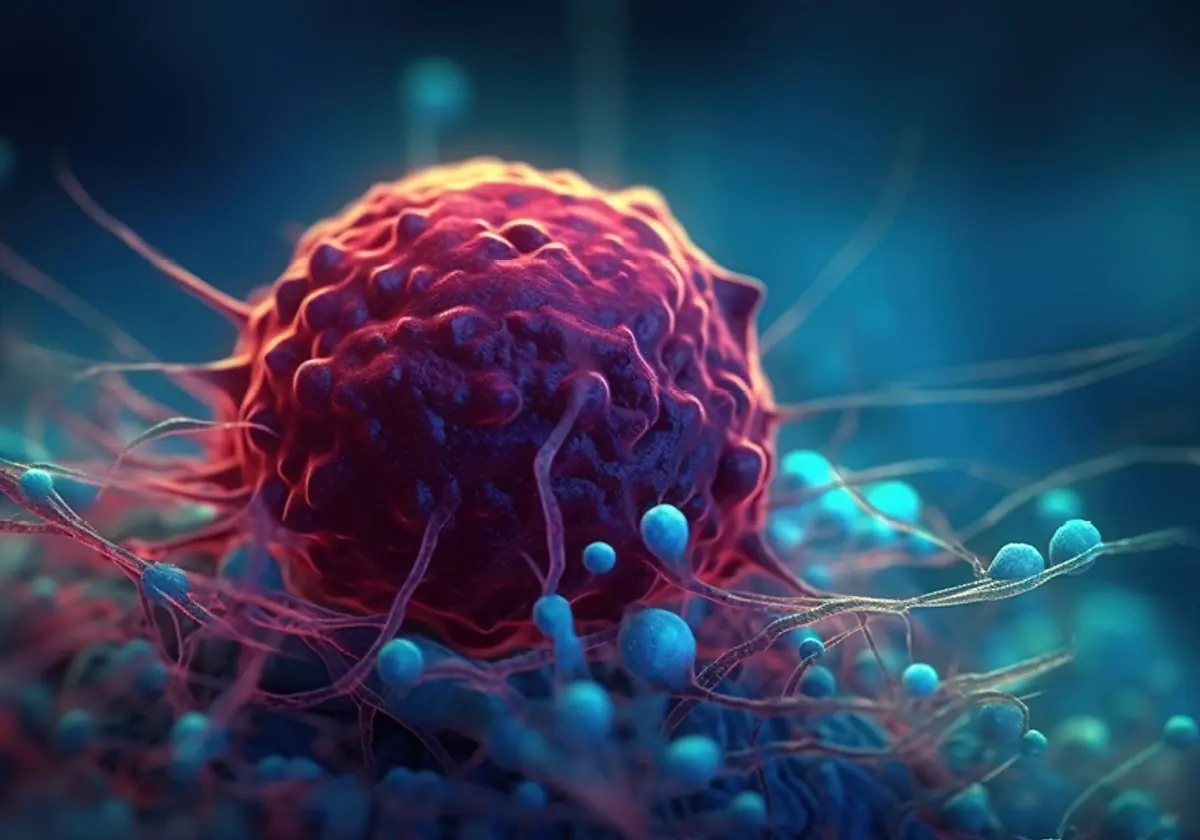
4 Types of Cancer with Over 90% Cure Rate: Everyone Should Watch for the Early Signs
News Post
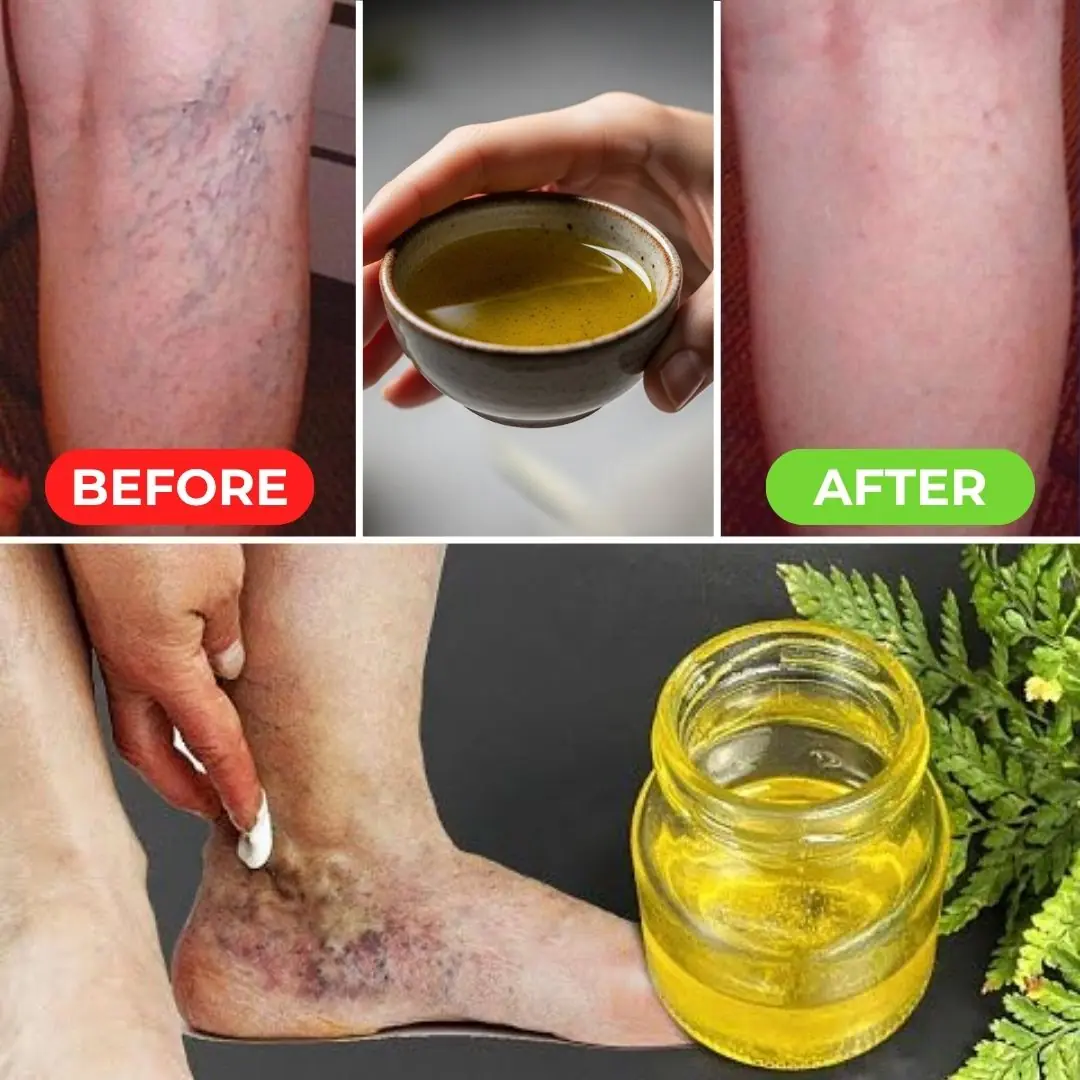
Say Goodbye to Varicose Veins Forever with This Simple Natural Oil!

Avocado After 50: Here’s What Happens After 7 Days of Use

5 Countries Tighten Immigration Rules, Making It Tougher For Americans To Move Abroad

Gulf Stream On The Brink Of Collapse — Scientists Warn Of Global Catastrophe

Astonishing Cancer-Fighting Power of One Juice — Even Doctors Are Surprised

5 Types of Cancer with Over 90% Cure Rate: Early Signs Everyone Should Pay Attention To

Doctor's Advice: Whether You're Rich or Poor, Never Eat These 3 Foods for Breakfast – They Can Lead to Aggressive Cancer

Lemon and Charcoal: A Natural Skin Care Secret to Save Money and Glow

Golden Energy: How Turmeric, Black Pepper, and Almond Milk Support a Healthier You

French Farmer Discovers $4 Billion Gold Deposit, But Legal Hurdles Prevent Him From Profiting

Inside The Global Seed Vault: Earth’s ‘Safest Place’ Only Opens Six Times A Year

Chilling Final Words Of Air India Pilot Moments Before Tragic Crash That Killed 265 Uncovered

Scientists Use CRISPR to Eliminate HIV from Human Immune Cells

Eat These 9 Fruits Daily to Brighten Your Vision & Prevent Cataracts Naturally (Science-Backed)

Hemorrhoids: Fast, Effective, Science-Backed Ways to Find Relief

The Plant That Closes Its Leaves When You Touch It – And May Support Your Health Naturally

Ovarian Cancer: 8 Early Signs You Need to Know

It’s Not Just Tooth Decay: 2 Common Signs in Your Mouth That Are SOS Signals From Your Body — Don’t Ignore Them
